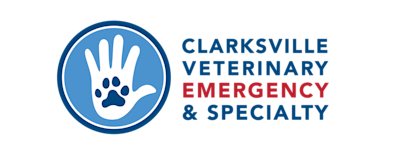Clarksville Veterinary Emergency and Specialty
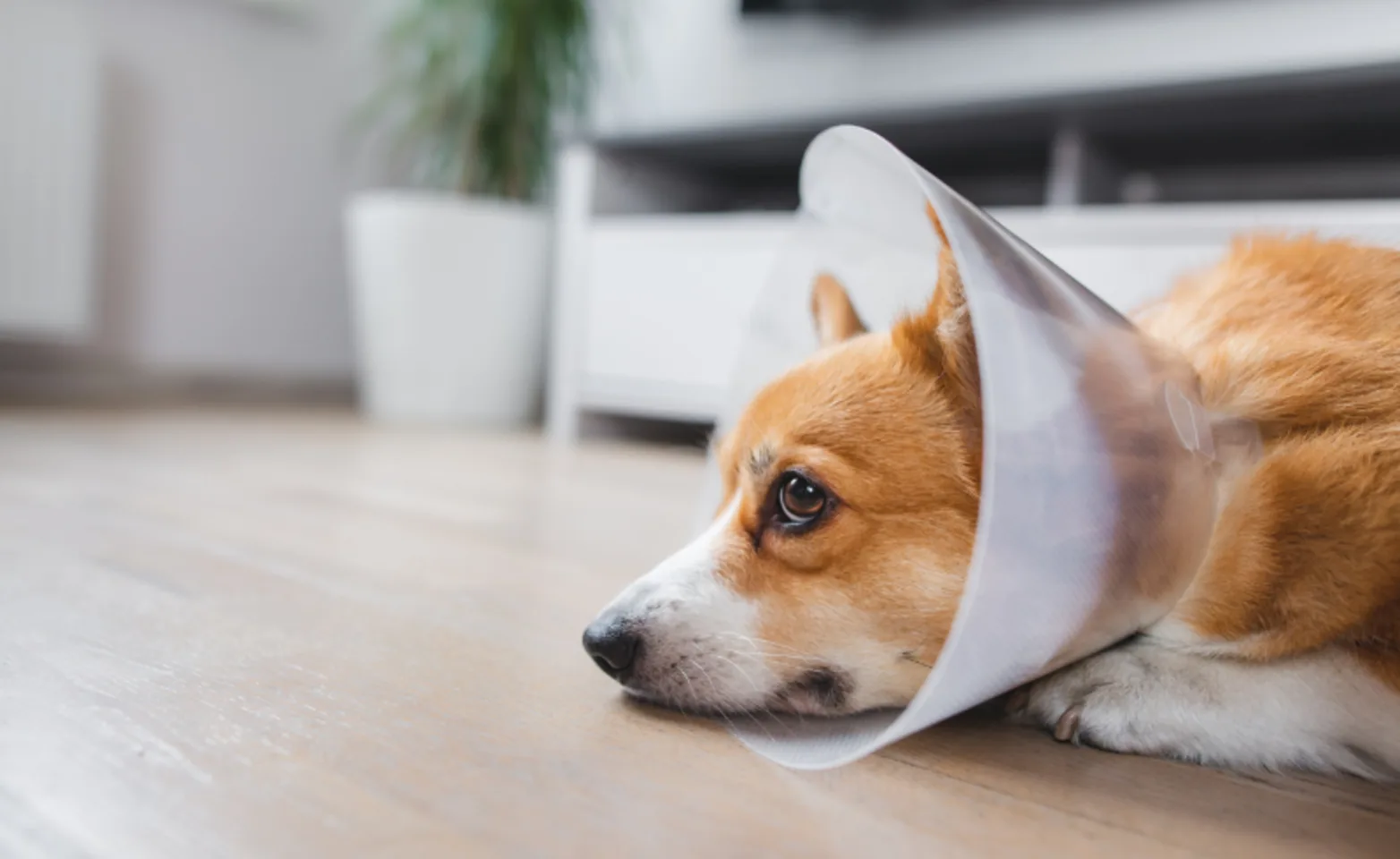
Our Surgery Team
Our experienced surgical team, led by Dr. Heather Streppa, a Board-Certified Small Animal Surgeon, performs both advanced and routine procedures using modern surgical techniques and equipment. Our services include a full range of orthopedic surgeries (such as fracture repair, cruciate ligament procedures, and joint stabilization) and soft-tissue surgeries (including abdominal, thoracic, oncologic, and reconstructive procedures). Whether your pet needs a planned procedure or emergency surgery, you can count on our team to provide exceptional care in a calm, supportive environment.
We proudly serve Clarksville, Fort Campbell, Hopkinsville, and surrounding communities, offering same-week appointments for many cases.
👉 Call us today at (931) 551-2121
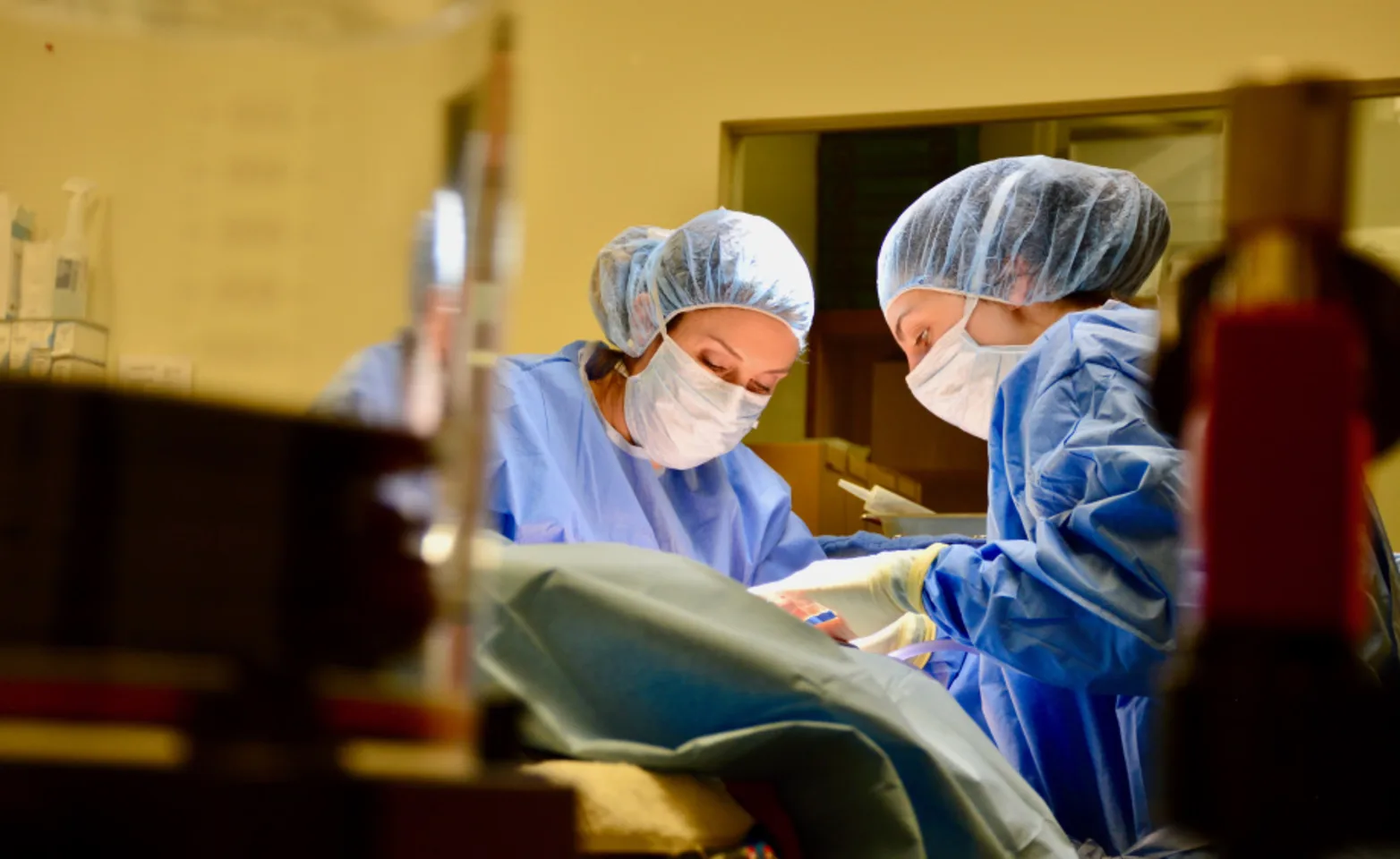
Why Your Pet Might Need Surgery
Surgery can be an important part of helping your pet recover from illness, injury, or disease. Some of the most common reasons pets may need surgery include:
Blockages: Pets sometimes swallow things they shouldn’t. Surgery may be needed to remove a foreign object that’s causing an obstruction.
Injuries: Broken bones, torn ligaments, or serious wounds may require surgical repair.
Cancer or Mass Removal: Surgery can be used to remove tumors or growths to improve comfort and health.
Infections or Abscesses: Deep infections or abscesses that don’t respond to medication may need surgical treatment.
Our hospital features two fully equipped surgical suites, advanced monitoring equipment, and a highly trained nursing team to ensure your pet’s safety and comfort before, during, and after surgery.
Common Surgical Conditions
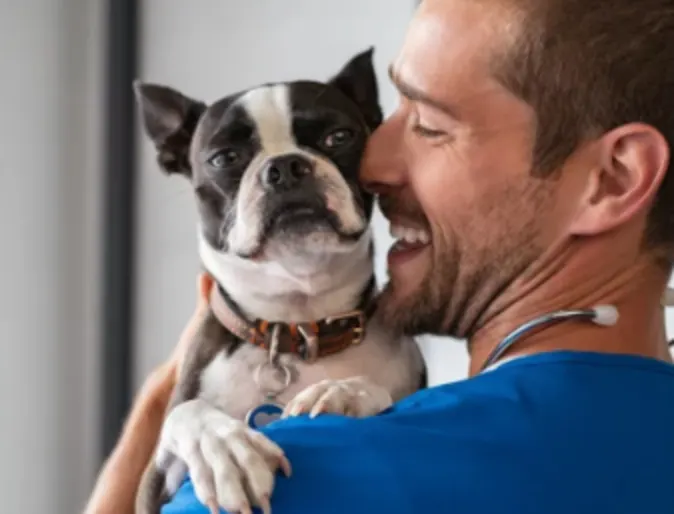
Orthopedic Surgery
When your pet experiences a bone, joint, or spinal injury, our surgical team is here to restore their comfort, function, and mobility. Orthopedic surgery can help pets return to their normal, happy routines after accidents, injuries, or degenerative conditions.
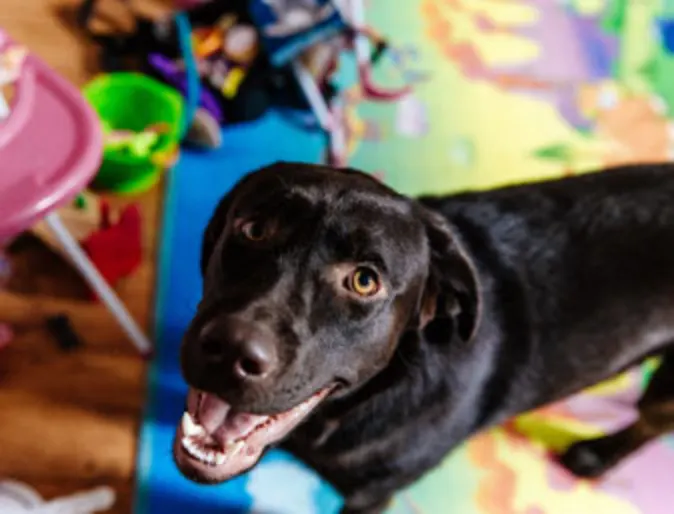
Soft Tissue Surgery
Our team performs a wide range of soft tissue surgeries to address issues involving your pet’s internal organs, skin, and other soft tissues.
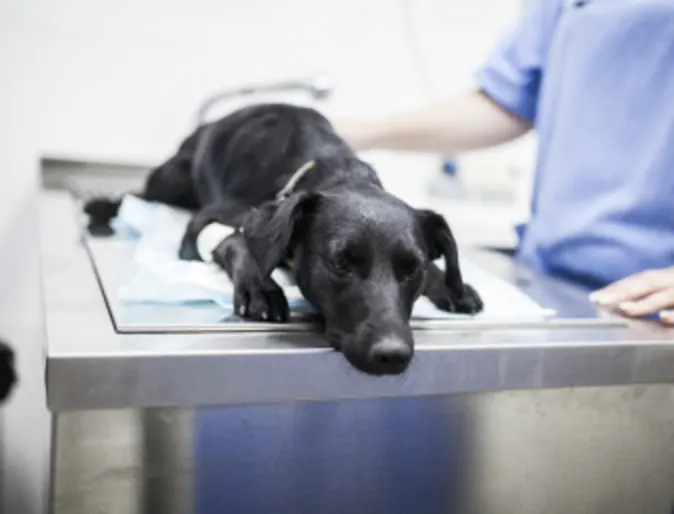
Canine CCL Rupture
Ruptures are of the CCL are a common problem and the most common cause of rear leg lameness in dogs. It typically happens during regular activities without any abnormal stress on the knee.
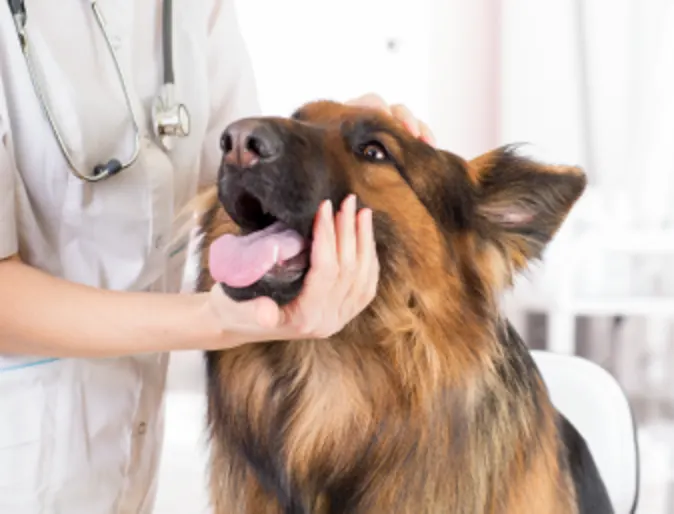
Patellar Luxation
Patellar luxations are a problem commonly seen in dogs and occasionally cats. It is more common in smaller breeds, but can sometimes occur in larger breeds.
Payment Options & Financial Support
At Clarksville Veterinary Emergency & Specialty, we understand that surgical care is both a medical and financial decision. We believe every pet deserves access to quality treatment, and we’re committed to helping families find solutions that fit their needs.
For your convenience, we accept several payment and financing options, including:
CareCredit: A health-focused credit card offering flexible monthly payment plans.
Scratchpay: Simple, transparent payment plans with no hidden fees.
Trupanion Vet Direct Pay: Insurance that pays our hospital directly, so you only cover your portion of care.
Learn more about these options on our Payment Options page.
